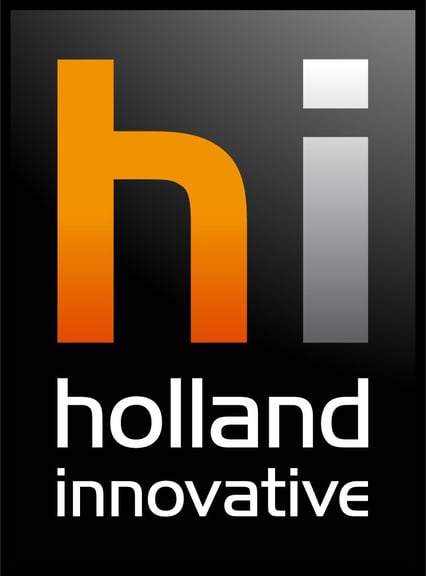It's deep inside every human being: we only start worrying about most risks when it's too late to prepare for them. The same goes for the reliability of your products. Only when a significant recall is necessary because of justified customer complaints does the realization sink in that it would have been better to take extra steps in advance.
The innovation-oriented high-tech manufacturing industry has made remarkable advances in recent years in various areas, from artificial intelligence to renewable energy sources. However, as products and systems become more complex, reliability has become a major concern. In today's sustainable environment, we need to ensure that our products and systems are advanced but also reliable and durable, creating sustainable and reliable products and systems.
Reliability is, unfortunately, an underrated issue in many companies. "As long as there are no too big interruptions in our processes, apparently, we think it's all okay. And this is precisely why Holland Innovative has taken on the task of shaking up the industry”, says Elly van den Bliek, Competence Lead Reliability & RCA and senior Reliability Specialist at Holland Innovative. "We want to constantly inform and involve everyone who is active around reliability - or actually should be - about the latest trends and developments."
Sustainability
According to Van den Bliek, we must also prioritize sustainability by considering the long-term effect of our products on the environment. Not only by investing upfront in extending the life of products and using materials with a low carbon footprint but also by facilitating repair, refurbishment, and reuse of products to extend their life and create more sustainable products and systems.
In this regard, Van den Bliek sees two roles for HI: on the one hand, as a knowledge center - "thanks to the expertise of our employees, we are the thought leaders in this field" - and on the other hand, as the party that can help with implementation. "Of course, there is also a commercial interest for us. Our project managers and reliability specialists can concretely help companies with their reliability challenges, and with our training courses, we support those same companies with their internal knowledge development."
The field is developing rapidly, notes van den Bliek. "For many companies, it is still something new, they are looking for the possibilities, successes, and how to implement reliability successfully in their organization. In all our activities, we notice a great need to connect with people and companies who are already more advanced in this field. And this involves both the basics and the latest developments, such as the increasing possibilities of competencies in data science and AI, root cause analysis, and systems engineering. It is about an integrated approach in collaboration with all stakeholders: if anything will influence our profession in the coming years and take it to the next level, this is it."
Satisfied with an ''innovative'' product?
After all, a product that breaks down after a few uses is not sustainable. As products and systems become increasingly complex, it is essential to consider all risks throughout the value chain. As we have seen in recent news, even the biggest players in the technology industry can suffer from reliability issues.
"Take, for example, the recent problems with flights being canceled due to the unavailability of functioning aircraft. Lack of spare parts, long lead times to modify and partially rebuild aircraft for a new, more sustainable environment and application, malfunctioning engines, and critical aircraft components led to delayed or even canceled flights. The result was not only frustration among people but also disrupted transportation of critical goods such as medicine, food, and water, construction materials to vulnerable areas worldwide. Just goes to show that even the most advanced and sophisticated technology can sometimes fail."
But not only high-tech innovative products and systems are at risk of reliability problems. With the rise of electric propulsion in mobility and the accompanying complexity of global energy supply and demand, we are seeing more and more reports of failed car batteries, low availability of charging systems, and other reliability and availability issues. "And sometimes we unintentionally run into serious situations, such as a self-driving car taking a wild ride or software in our cars spontaneously opening and closing windows."
The increasing use of renewable energy sources adds complexity but also provides opportunities to use systems engineering, an integrated approach to ensure high reliability and durability, greater availability and longevity, and ensure our environment remains safe and sustainable.
Top priority
"Let's face it," concludes Elly van den Bliek. "We all want the latest and greatest products and systems, but at what cost? It's high time to prioritize reliability and innovative 'flashy' features and ensure our products are safe, reliable, and durable. So let's all take a moment to consider the importance of reliability and ensure that our high-tech products are up to the task. In short, reliability should be a top priority in the high-tech industry. As the famous saying goes, 'Better safe than sorry'."




.jpg?width=200&name=Holland%20Innovative%20summer%20academy%20-%20Project%20Management%20Masterclass%202%20(2).jpg)